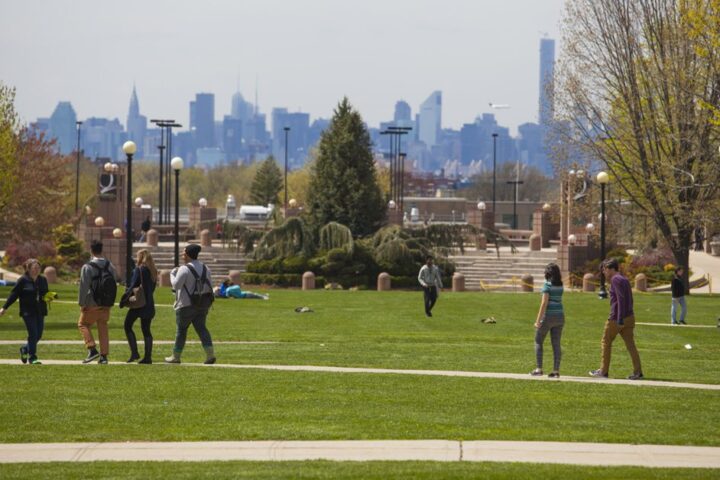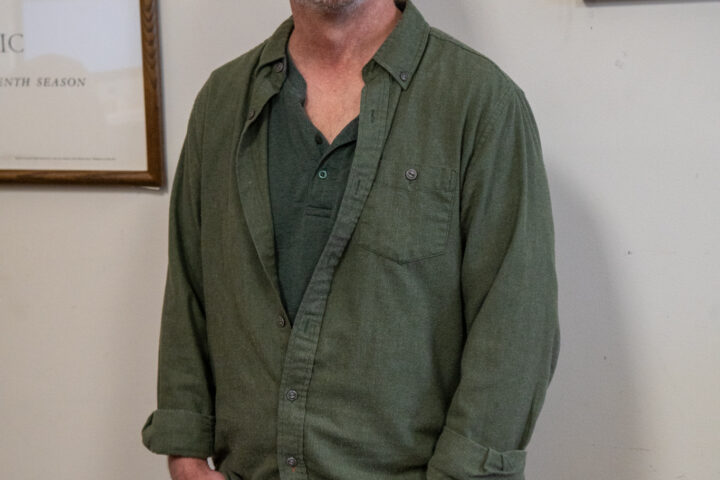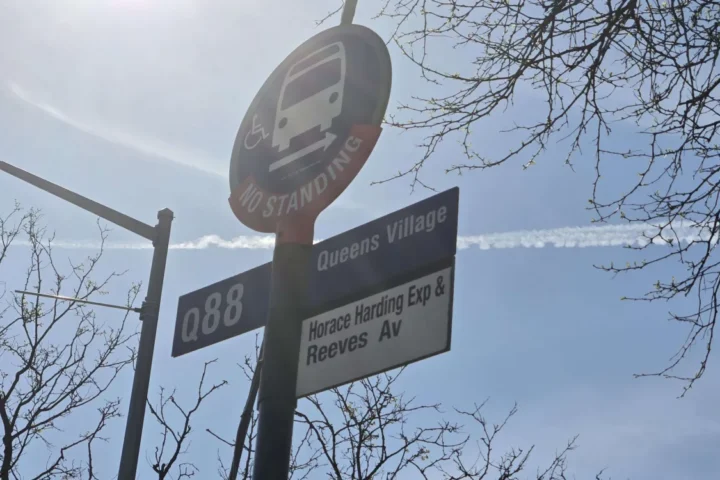Humor me for a minute and ask yourself: if you saw a classmate cheating during an exam, or were aware that they plagiarized on a paper, would you turn that person in?
The majority of college students wouldn’t. As a matter of fact, Prof. Patricia Rachal, head of the Political Science department at QC observes that she has received numerous anonymous notes from students complaining about other students cheating on exams and papers. However, neither of them come clean about the identities of the people they are complaining about, nor do they reveal their own identities.
According to education-portal.com, as of 2011, 75 to 98 percent of college students have admitted to cheating. Is it OK to do it if everyone else is doing it too? Most would agree that it’s OK until one gets caught. Besides, if this is what it takes to get ahead in life, than one has more to lose if they decide not to cheat, than the other way around.
This is probably one of the most cyclical moral debates of the last century and leads one to question: what is a lie and when is it OK to do it? Sissela Bok would argue that it is never OK to lie. In fact, telling one lie will probably lead to you telling another until you reach a point where your conscience will give even a very significant falsehood, an excuse. If we accept that lying is a common practice in society, than we also accept that trust, which is a value based on truth, is slowly becoming obsolete. If people in a society can’t trust one another anymore, than the system of survival become’s more and more difficult, leading to a kind of rule which asks less for people’s opinions and more for people’s adherence. Lying, in a way, is the beginning to the end of democracy. And based on where we are now, trust is a commodity not to be thrown around recklessly.
Let’s take plagiarism for example. In an institute of higher education, following the rules is pretty much what defines your admission or expulsion from an institute. Probably the only real threat that is given to students in classes at QC is the plagiarism threat. Plagiarize and you will fail the course and might face possible expulsion. That is the policy attached to every syllabus handed out in every course, semester after semester. We’ve seen it so many times that we don’t even bother to read it anymore. But has constant exposure to this policy made us immune to its threats or have we as a society begun to care less and less about the rules and become more and more concerned about moving forward as a way to move away from the present and not necessarily to progress?
Let’s stop and think for a second about values, society, trust and progress and find the inter-relate-ability. If we want to see real progress in society, a successful social democracy and a system where your voice actually matters and counts for something – the first place to start is to stop with the lies.













